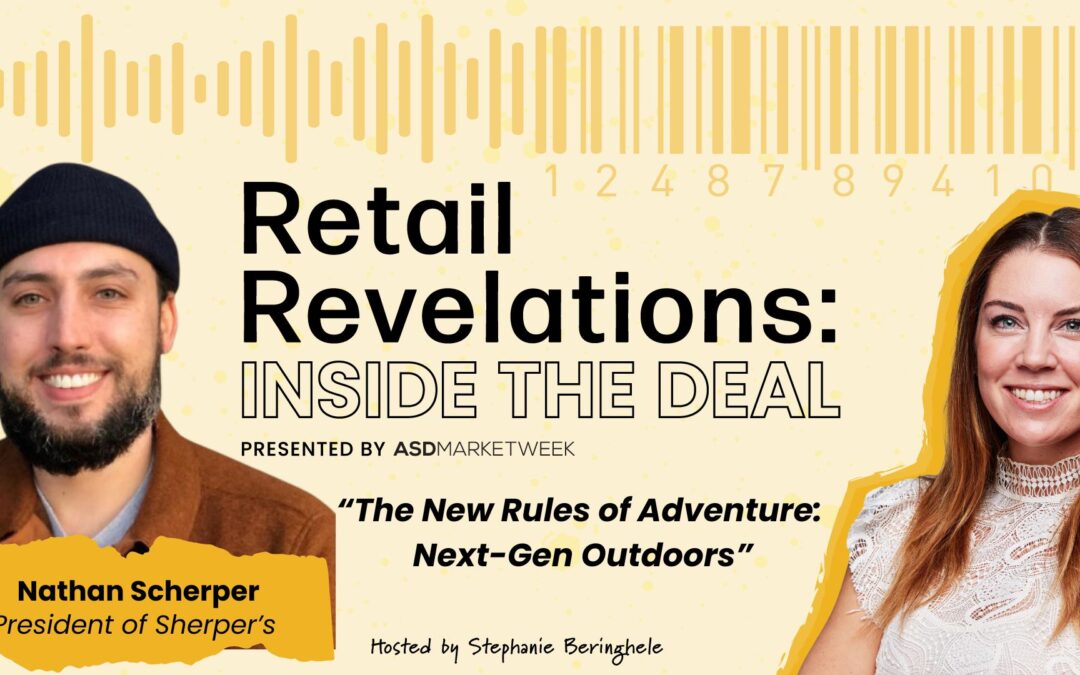Image By Adobe Stock
As retailers prepare for 2025, five essential technology tools are becoming must-haves for sustainable growth: AI-powered inventory management systems, smart analytics for in-store operations, integrated marketplace management platforms, automated payment solutions, and predictive logistics systems.
These tools aren’t just nice-to-have upgrades – they’re becoming fundamental requirements for retailers who want to compete effectively while maintaining healthy margins. Understanding how to implement and leverage these technologies will be crucial for retail buyers making strategic investments in the year ahead.
AI-Powered Marketplace Management
The proliferation of online marketplaces has created both opportunities and challenges for retailers. While platforms like Amazon, Walmart, Wayfair, and emerging channels like TikTok Shop offer unprecedented reach, they also demand sophisticated management tools to remain competitive.
Modern AI solutions can now automate pricing strategies, optimize listings, and manage inventory across multiple platforms simultaneously. For example, technology providers like EVACommerce are developing AI systems that can analyze marketplace trends, adjust product positioning, and streamline operations across various platforms while maintaining profitability.
The Evolution of Payment Processing
The complexity of modern retail transactions requires sophisticated payment processing capabilities. Today’s retailers need systems that can handle multi-channel sales, provide detailed analytics, and maintain robust security measures – all while integrating seamlessly with existing business systems.
Payment processors like CardConnect are focusing on solutions that combine secure transaction handling with data analytics and inventory system integration, helping retailers manage both online and in-store sales through a single platform.
Smart Inventory Management and Supply Chain Visibility
Accurate inventory tracking across multiple sales channels has become a critical challenge for retailers. Modern tracking systems now incorporate RFID, automated scanning, and real-time updating capabilities to maintain inventory accuracy and prevent stockouts.
Companies like Advanced Labeling Products are developing integrated labeling and tracking systems that connect directly with point-of-sale and warehouse management systems, enabling retailers to maintain accurate counts and automate reordering processes.
Next-Generation Logistics Solutions
The rise of same-day delivery expectations and multi-channel fulfillment has transformed retail logistics requirements. Today’s retailers need systems that can optimize shipping routes, manage warehouse operations, and provide real-time delivery tracking.
Logistics providers like Prozone Logistics are implementing technologies that combine automated warehouse management with intelligent delivery routing, helping retailers meet customer delivery expectations while controlling costs.
Marketplace Compliance and Risk Management
As digital marketplaces become more sophisticated, maintaining compliance and healthy seller metrics has become increasingly complex. Retailers need systems that can monitor performance metrics, manage customer service responses, and ensure policy compliance across multiple platforms.
Consulting firms like Riverbend Consulting are combining technology solutions with marketplace expertise to help retailers maintain healthy account metrics and prevent costly compliance issues.
Making Technology Investments Count
For retail buyers planning their 2025 technology investments, the focus should be on solutions that deliver measurable improvements in three key areas: operational efficiency, customer experience, and profitability. Start by evaluating your current tech stack against these criteria:
- Operational Efficiency: Look for tools that automate routine tasks, reduce manual data entry, and provide real-time visibility across all channels. The right combination of inventory, logistics, and marketplace management tools can cut operational costs by up to 30%.
- Customer Experience: Prioritize technologies that reduce friction in the buying process, from smart payment systems to efficient fulfillment solutions. Companies implementing these tools typically see customer satisfaction scores improve by up to 25%.
- Profitability: Focus on solutions that provide clear ROI through better inventory management, reduced overhead, and increased sales opportunities across multiple channels. Retailers using integrated technology solutions report margin improvements of 5-15% on average.
The key to success isn’t just selecting individual tools – it’s creating an integrated technology ecosystem that works together to drive business growth. By carefully evaluating and implementing these essential tools, retailers can build a strong foundation for success in 2025 and beyond.
Take the Next Step in Your Tech Journey
The best way to evaluate these technologies is to experience them firsthand.
You can see all of these solutions and meet with technology providers face-to-face at ASD Market Week this March in Las Vegas. Get hands-on demonstrations, compare platforms side-by-side, and build direct relationships with tech providers who understand retail operations.
Register now to access the latest retail technology solutions that will drive your business forward in 2025.








0 Comments